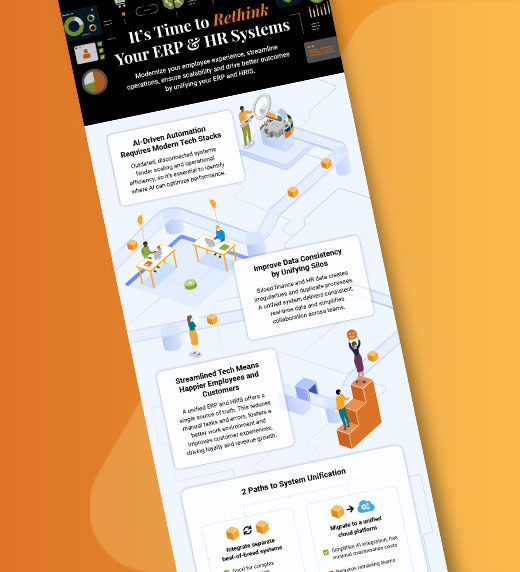

There are several factors to consider for both nonprofit and for-profit organizations that received shuttered venue operators grants (SVOGs) issued under the Small Business Administration COVID-19 relief options that may impact the timing and recognition of the funding. This article focuses on the implications of these regulatory updates for nonprofit organizations.
For nonprofits, SVOG funding is considered a grant. This means that recipients are not required to repay the funding as long as the funds are used for eligible expenses within the grant period. If your nonprofit received SVOG funding, you should account for these grants as contributions received in accordance with FASB ASC 958-605.
Because this funding has both a barrier (incurring eligible expenses) and a right of return (noncompliance would be grounds for return of the funding to the Small Business Administration), these funds are considered conditional and would be recognized only to the extent that the eligible expenses have been incurred as of the reporting date.
If your nonprofit hasn’t fully spent the SVOG funding before year-end, you will need to evaluate the individual facts and circumstances to determine the extent to which conditions have been substantially met or if deferred revenue should be recorded for funds received but not yet spent.
Since SVOG funding can only be used for eligible expenses, the grants are donor-restricted. Your nonprofit will likely satisfy restrictions when meeting the grant’s conditions.
Depending on the method of release from net assets that you have elected, you would either (1) record the restricted revenue and the release simultaneously, or (2) if you have elected one of the simultaneous release accounting policy options for donor-restricted contributions whose restrictions are met within the same reporting period, you would be permitted to report the contribution revenue directly in net assets without donor restrictions.
It is important to note that the simultaneous release election applies to all grants and contributions of an organization and cannot be elected on a per-grant or per-year basis. Should your organization decide to change your policy, you would need to disclose this as a change in accounting principle and update any prior periods presented.
An additional consideration is whether you will be subject to the Single Audit requirements in one or more years. If you spend (not receive!) more than $750,000 in government funding across all sources in any given fiscal year, you are subject to the Single Audit for that fiscal year.
For certain organizations that received SVOG grants, this funding may straddle two years. Recipients will want to carefully consider the timing and dollar value of what they are determining as qualifying expenditures under this program.
The SVOG program allows recipients some flexibility in determining which costs to apply to the award. Your nonprofit may be able to (1) apply costs so that SVOG expenditures don’t exceed the $750,000 threshold in any fiscal year, therefore avoiding the Single Audit altogether, or (2) apply costs in a manner to reduce the number of fiscal years in which SVOG expenditures exceed the Single Audit threshold.
This may be the first Single Audit for many SVOG grant recipients, so it’s important for your nonprofit to clarify whether your organization will undergo the audit and what the process will entail. If your nonprofit has not previously received federal awards, you may not be familiar with the complex rules and regulations, which include requirements surrounding cost allowability and allocation, reporting and procurement.
Failure to comply may result in audit findings and a potential return of funds. Avoid any missteps by beginning a discussion with your auditor or advisor to fully understand the requirements.
For questions or help with SVOG grant and regulatory compliance, please contact our nonprofit experts.


